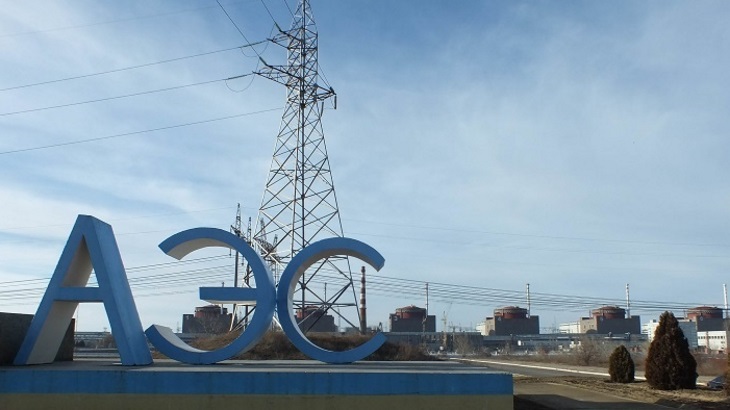Ukraine launched an electricity market in July last year, but this tied Energoatom to selling 85% of its electricity production to the Guaranteed Buyer at a fixed low price within the Public Service Obligation (PSO) mechanism. The other 15% could be sold on the day-ahead market. On 20 May, the Cabinet of Ministers approved two resolutions on regulations governing PSOs and electronic auctions for bilateral contracts. The first reduces the 85% restriction to 80%, meaning Energoatom may sell 5% of the electricity it produces under bilateral contract via electronic auctions.
On the same day these resolutions were passed, the Energy Community Secretariat wrote to the Ministry of Energy and Environmental Protection to stress the need to switch to a "financial PSO". With such a mechanism, it says Energoatom would be able to use the difference between the cost of its electricity generation and the income it receives from selling it in a competitive market to cover the difference between the household consumer price and the market price. In response, the ministry said it could not introduce a financial PSO unless and until Parliament passes amendments to the country's tax code.
The Energy Community is an international organisation established between the European Union and a number of third countries to extend the EU internal energy market to Southeast Europe and beyond.
In a post on his Facebook page this week, Kotin said (in Ukrainian): "For our part, we support the proposals of the [Energy Community] Secretariat, and also hope that the current state of affairs will indeed be temporary. In the end, this has been promised in an official commentary by the ministry. Therefore, we hope that the government will indeed as soon as possible create new rules that will take into account the proposals of the Energy Community."
On 22 May, Kotin told the Interfax-Ukraine news agency that restrictions imposed by the government as part of its response to lower energy demand during the pandemic lockdown meant Energoatom's generation capacity has been reduced to 6.63 Gwe from 9.49 GWe. Kotin said this is "unlikely to contribute to solving the company's financial issues nor the stability of the country's electricity market".
Kotin said the Energy Community is an independent expert in the energy sector and that the recommendations by the US Agency for International Development (USAID) on development of Ukraine’s electricity market should also be taken into account.
"Right now, we have to operate in restricted mode," Kotin told Interfax. "On one hand, we're being restrained from entering the market and, on the other, our volumes of electricity production have been cut substantially."
This means, he said, that the country's economic recovery is unfairly impacting nuclear power. "As a result, the state will receive less in tax than it is due, while a high-potential industry producing cheap and environmentally friendly electricity - one of the pillars of the national economy - will be in dire straits that we must not allow to happen under any circumstances," Kotin said.
In April, USAID reportedly proposed that the Cabinet of Ministers removes the Guaranteed Buyer and instead allows Energoatom to trade freely in the electricity market.
The Guaranteed Buyer is one of two state enterprises the Cabinet of Ministers created in April 2019 - the other one being the Market Operator - as part of the newly established electricity market.





_87299.jpg)
_52351.jpg)








